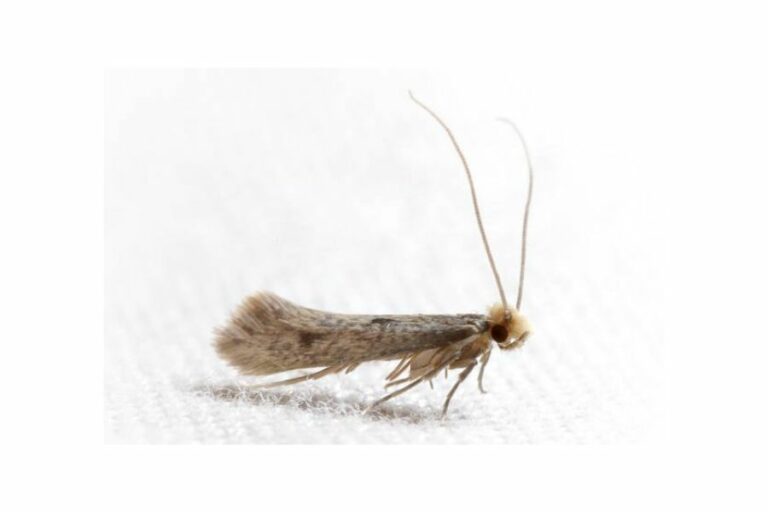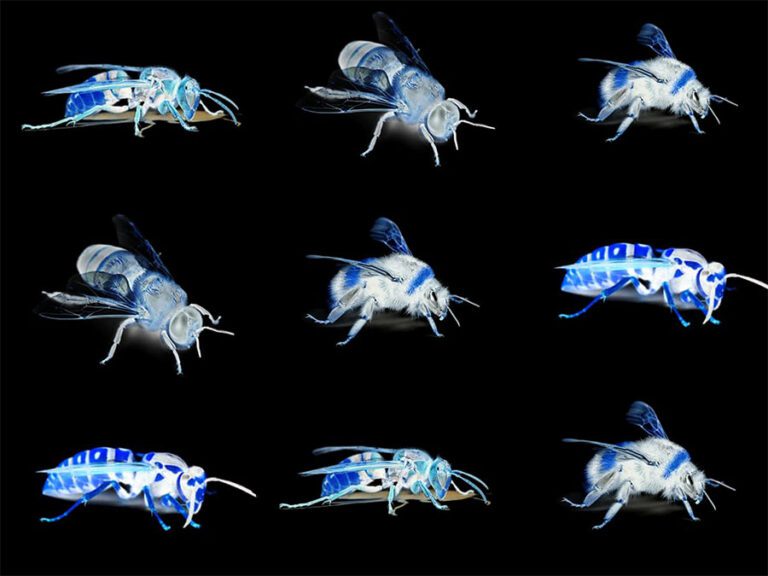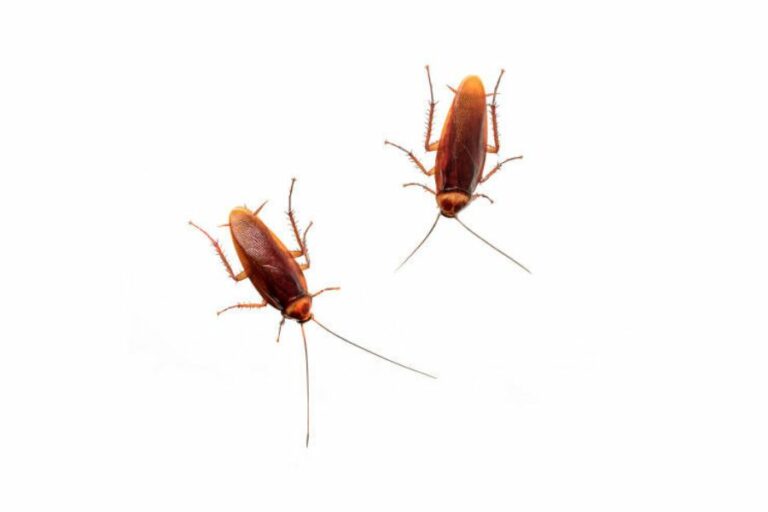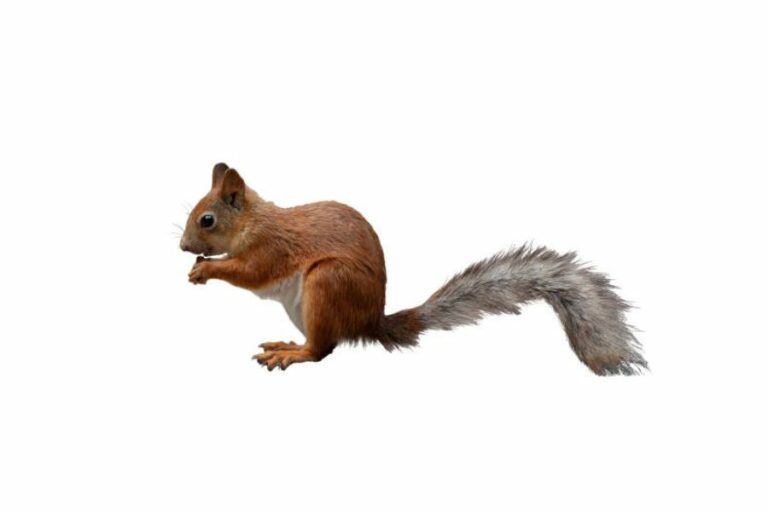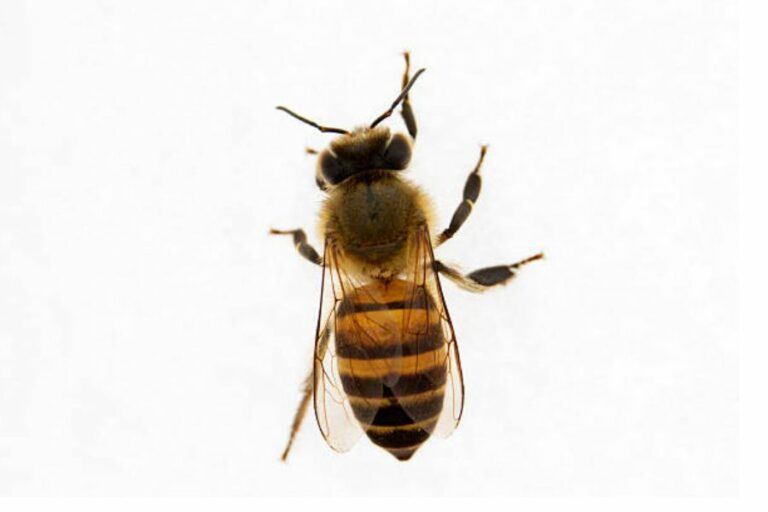Wasp Behaviours and Their Lifecycle
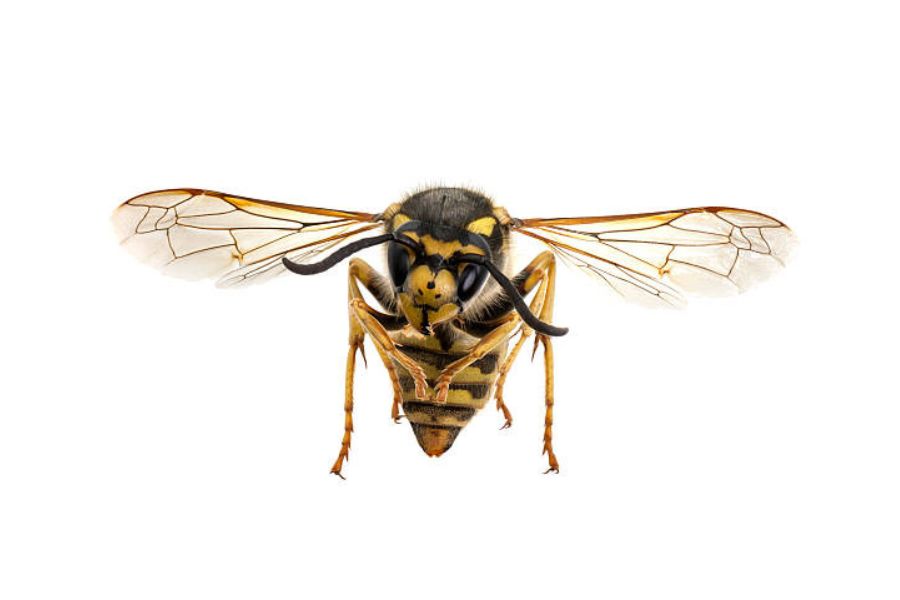
Understanding Wasp Behaviours, Their Lifecycle and Activity Patterns – Get Your Questions Answered
Wasps are fascinating insects that play a significant role in the ecosystem. Still, they are also notorious for their painful stings and aggressive behaviour. As the weather starts to warm up, many people are curious about when wasps become active, build their nests, and become aggressive. In this blog post, we will uncover the surprising truths about wasps and answer some of the most asked questions about their behaviour. Whether you’re a curious observer or someone dealing with a wasp infestation, this article will provide the information you need to understand these buzzing insects.
When do wasps come out?
Wasps typically come out of their nests in the early spring, usually around March or April, when the weather starts to warm up. During this time, the queen wasp will emerge from hibernation and begin to build her nest. As the temperature rises, the worker wasps will start to appear and begin foraging for food to bring back to the nest. Throughout the summer, wasps will continue to be active, with the peak of their activity typically occurring in late summer when their nests are at their largest. However, as the weather cools in the fall, wasps will become less active and start to die off, with only the queen surviving the winter to begin the process again in the spring.
When do wasps start nesting?
Wasps start nesting in the spring when the weather begins to warm up. They are social insects and typically build their nests in protected areas such as trees, eaves, or under roofs. The queen wasp begins building the nest by creating a small structure made of wood pulp, and as the colony grows, the nest becomes more prominent and intricate. It’s essential to address wasp nests early on to avoid a more significant infestation later in the season.
When do wasps build nests?
Wasps usually build their nests in spring, typically around April or May, depending on the weather and location. The queen wasp selects a suitable spot to build her nest, and then she starts to gather materials to construct it, such as wood fibres and saliva. The queen will lay eggs in the nest, and as the larvae grow, they help to expand and maintain the nest. The nest can grow quite large, with some species building nests to the size of a basketball. Suppose you notice a wasp nest on your property. In that case, it’s best to contact a professional wasp removal service to safely and effectively remove it.
When do wasps mate?
Depending on the species, wasps typically mate during the summer months when the weather is warm and food is abundant. Male wasps are ready to mate when they reach adulthood, but females are only receptive once fully developed. After mating, the male wasp dies, while the female searches for a suitable place to build her nest and lay her eggs. It’s important to note that some species of wasps are solitary and do not form colonies. In contrast, others live in large social groups.
When do wasps swarm?
Wasp swarms can occur when the wasp colony reaches its peak size, typically during mid to late summer. This is when worker wasps search for food and bring it back to the nest, causing an increase in activity around the area. However, outside factors can also trigger swarming behaviour, such as vibrations or disturbances near the nest. If you notice a swarm of wasps, it’s essential to take caution and keep your distance to avoid getting stung. Seek professional help for safe and effective wasp nest removal to prevent further swarming and potential harm.
When do wasps become active?
If you’re wondering when wasps become active in the UK, the answer depends on the weather conditions. Typically, wasps become more active around April and May when the weather warms up, and they emerge from their hibernation period. As the weather worsens, wasp activity will increase and become more prevalent throughout the summer months. By August and September, wasp colonies are usually at their peak, with more significant numbers of wasps flying around.
It’s important to note that wasps can be aggressive, especially if they feel threatened or their nest is disturbed. If you encounter a wasp, it’s best to remain calm and avoid swatting at it, as this can make it more aggressive. Ensure that all food and sugary drinks are covered or stored away to prevent wasps from becoming a nuisance around your home. You can also place wasp traps around your property to deter them from flying too close to your home. If you have a wasp nest on your property, call a professional pest control service to remove it safely. Removing a wasp nest yourself can be dangerous and should be avoided.
In summary, wasps became active in the UK around April and May, increasing their activity throughout the summer. To prevent wasps from becoming a nuisance, ensure that all food and sugary drinks are covered or stored away. Call a professional pest control service to remove any nests on your property.
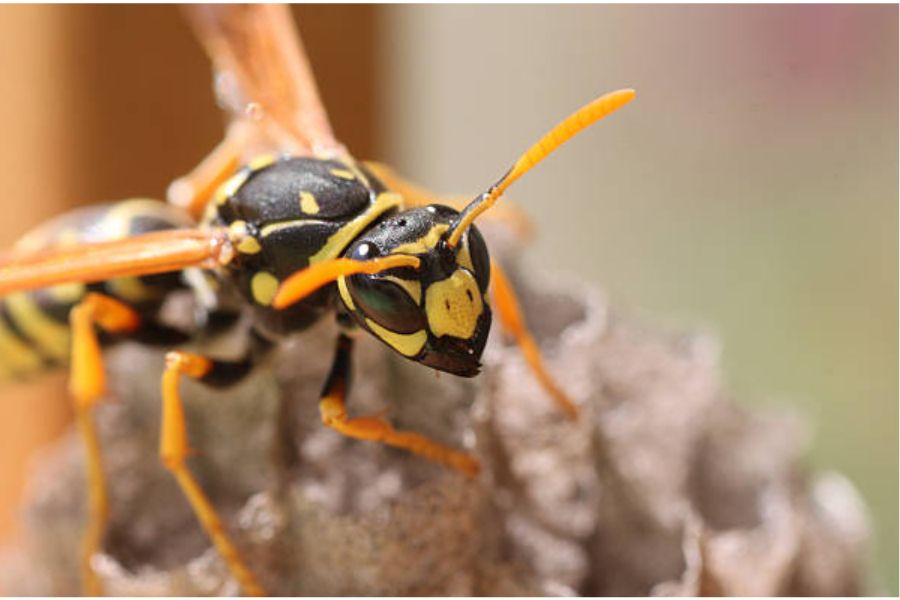
When do wasps become aggressive?
If you’re wondering when wasps become aggressive, it’s essential to understand their behaviour and the factors contributing to their aggression. Generally, wasps become more aggressive as the summer progresses and their colonies grow.
During the early summer, wasps are focused on building their nests and gathering food. They are not typically aggressive at this stage unless they feel threatened or their nest is disturbed. However, as the summer continues and the colony grows, wasps become more protective of their nest and food sources. They may become more aggressive if they feel their territory is being invaded or perceive a threat to their colony. It’s also important to note that certain environmental factors can contribute to wasp aggression. Hot weather, changes in barometric pressure, and loud noises can all increase wasp activity and make them more likely to sting.
To prevent wasp aggression, it’s important to avoid disturbing their nests and to take steps to keep them away from your home and outdoor living areas. This can include sealing up any cracks or gaps in your home’s exterior, covering food and drinks, and using wasp traps to lure them away from your living areas. If you encounter a wasp and feel threatened, remaining calm and avoiding swatting at the insect is essential. Swatting can make the wasp more aggressive and increase your chances of being stung.
In summary, wasps become more aggressive as the summer progresses and their colonies grow. Environmental factors such as hot weather and loud noises can also contribute to wasp aggression. To prevent wasp aggression, avoid disturbing their nests and take steps to keep them away from your living areas. If you encounter a wasp, remain calm and avoid swatting at it.
When do wasps sleep?
Wasps do not sleep in the traditional sense. Unlike mammals, they do not have a central nervous system that requires rest. However, wasps become less active at night when temperatures drop, and they return to their nests to rest. During the daytime, wasps are typically busy gathering food, caring for their young, and defending their nests. So, while wasps don’t sleep, they take breaks from their activity to rest and conserve energy.
When do wasps leave the nest?
If you’re wondering when wasps leave their nest, the answer depends on the species and the time of year. Generally, worker wasps will leave the nest throughout the day to gather food and materials for the colony. However, towards the end of summer, as the colony begins to decline, wasps will leave the nest to mate and search for new nesting sites. Typically, you’ll see more wasps flying around your home and outdoor living areas.
Once the new queens have mated, they will leave the nest to find a suitable place to hibernate for the winter. The old queen and the remaining workers will eventually die off, and the nest will be abandoned. It’s important to note that wasps can be aggressive if they feel their nest or colony is threatened. Suppose you need to remove a wasp nest from your property. In that case, it’s best to call a professional pest control service to handle the job safely.
In summary, worker wasps leave the nest throughout the day to gather food and materials for the colony. Still, towards the end of summer, wasps will start leaving the nest to mate and search for new nesting sites. Once the new queens have mated, they will leave the nest to hibernate, and the old queen and remaining workers will eventually die off. If you need to remove a wasp nest, it’s best to call our professional pest control service to handle the job safely.
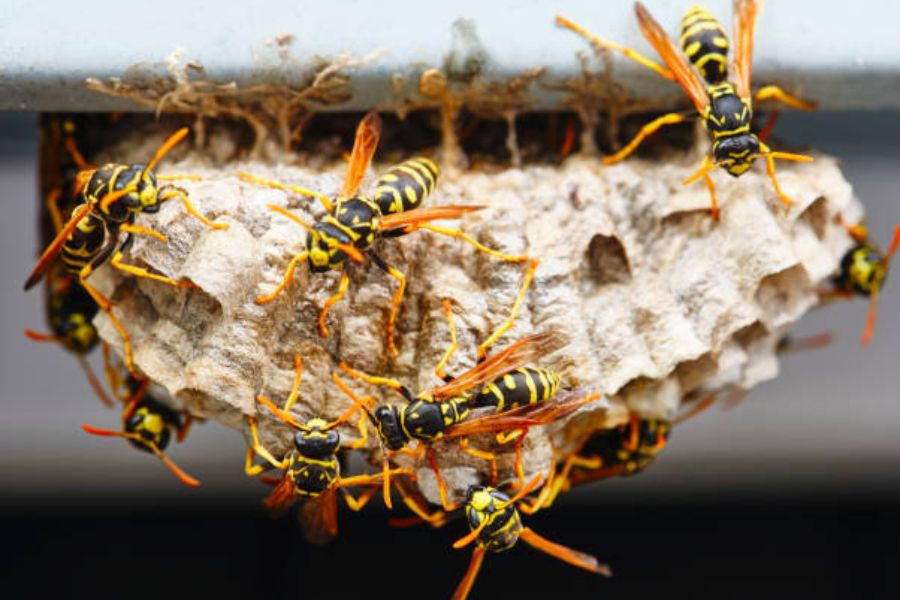
When do wasps hibernate?
Wasps do not hibernate in the traditional sense. While some species of wasps, such as yellow jackets, will die off during winter, others will become less active and remain in their nests to conserve energy. However, once the weather warms up, these wasps will become active again and begin building their colonies. So, while wasps don’t hibernate, they become less active during winter.
When do wasps die off?
Wasps typically die off in the late fall or early winter months, as temperatures drop and food becomes scarce. As the weather cools down, worker wasps become less active and stop gathering food for the colony. The old queen and remaining workers will eventually die off, leaving only the new queens to hibernate and start new colonies in the spring. So, if you want to avoid dealing with wasps, the fall and winter months are an excellent time.
When do wasps go dormant?
The activity of wasps is mainly dependent on the season and temperature. Wasps are active during the warmer months, but become less active during the cooler months. However, wasps will remain in their nests during this time and conserve their energy. So, while wasps do not go dormant, they become less active during fall and winter. If you’re dealing with a wasp infestation, it’s best to take care of it in the early fall before the temperatures drop and the wasps become less active.
When do wasps go away?
Wasps usually go away in the late fall or early winter months. As temperatures drop and food becomes scarce, the old queen and remaining workers eventually die off, leaving only the new queens to hibernate and start new colonies in the spring. Until then, it’s best to avoid disturbing their nests or swatting at them, as this can provoke them to attack. So, if you want to prevent wasps, the fall and winter months are an excellent time.
Are you searching for wasp nest removals near me?
Look at Liverpool Pest Control by GoKill, if you’re searching for wasp nest removal services near you. Our professional team is trained to safely and efficiently remove wasp nests from your property. Our experts provide same-day responses and are available 24/7 for all your wasp removal needs. We offer discreet services to ensure your privacy and satisfaction. Contact Liverpool Wasp Nest Removal Services today for fast and reliable wasp nest removal services.
